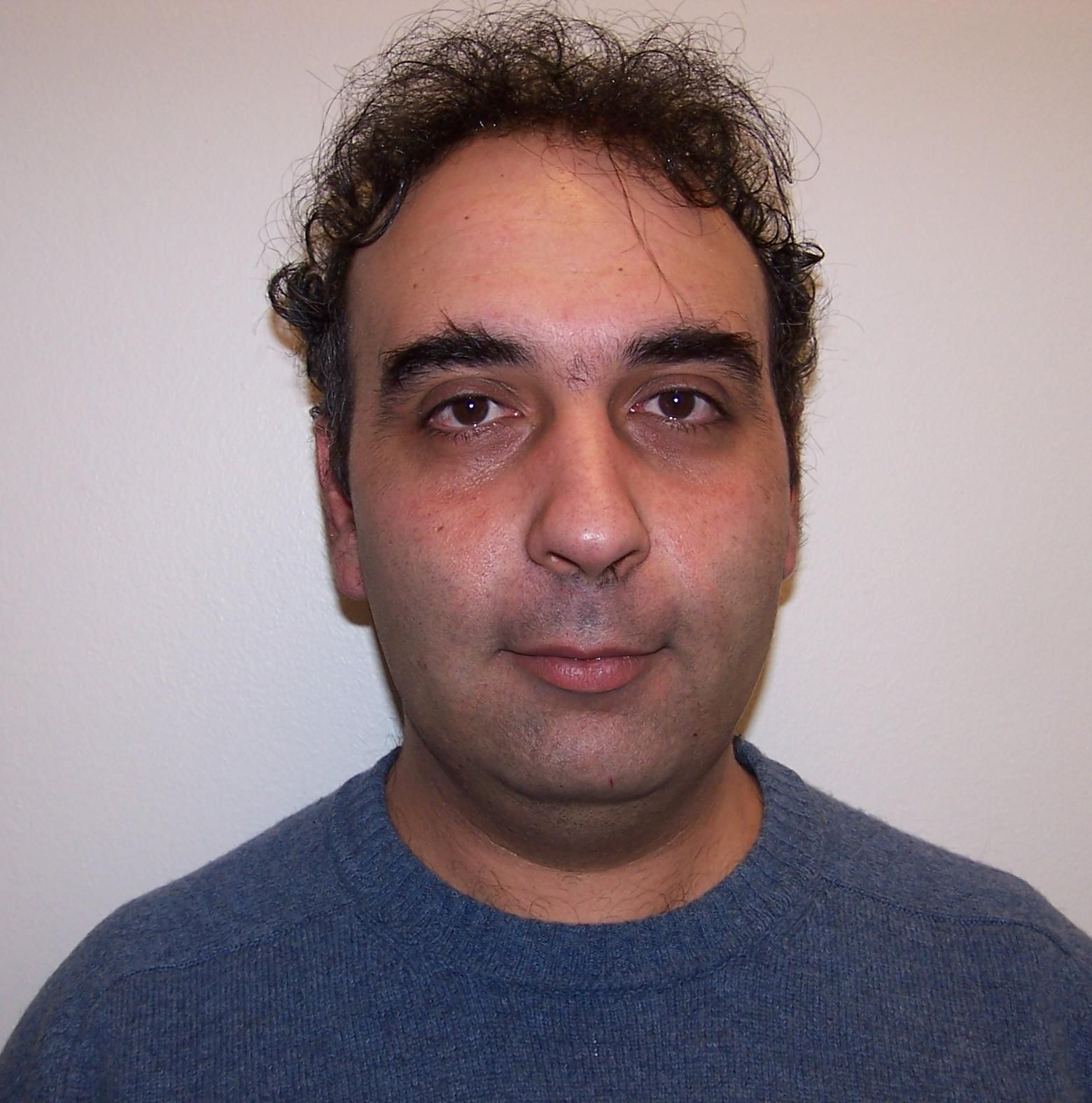 Position: Assistant Professor
Position: Assistant Professor
Expertise: Molecular simulations, Nanoporous materials, Machine Learning in Physical Chemistry problems
ORCID: 0000-0001-6158-6824
ResearcherID: ABH-3162-2021
Georgios Fanourgakis is an Assistant Professor in the Laboratory of Quantum and Computational Chemistry of the School of Chemistry of the Aristotle University of Thessaloniki (AUTH). He has a Bsc in Physics from the department of Physics of the University of Crete and a MSc and PhD in “Theoretical and Computational Chemistry” from the chemistry department of the same University.
He has acquired significant research experience working as a PostDoctoral Fellow or a Research Associate in various distinguished Laboratories and Research Groups in Europe and overseas, including
- Centre Européen de Calcul Atomique et Moléculaire (CECAM) Lyon, France
- University of Western Ontario, London, Ontario, Canada
- Molecular Interactions and Transformations, Chemical and Materials Sciences Division, Pacific Northwest National Laboratory (PNNL) Richland, Washington USA
- Institute for Electronic Structure and Laser, Foundation for Research and Technology Hellas, GR71110, Heraklion, Greece
- Spanish National Research Council (CSIS), Instituto de Física Fundamental (IFF) Department: Física Atómica, Molecular y Agregados Madrid, Spain
- Cyprus Institute (CyI) Department: (CaSToRC) Nicosia, Cyprus
He is specialized in the field of the molecular modeling using a variety of theoretical and computational tools of theoretical and computational Chemistry, including first principles (ab initio) quantum calculations, Molecular dynamics ((classical and Path Integral) and Monte Carlo simulations. Recently, he also employed Machine Learning techniques to address Physical Chemistry related problems, such as the adsorption of gases by nanoporous materials.
Over the years he has gained significant experience on the use of High-Performing computer systems. He has a long experience on developing theoretical approaches (i.e., efficient Path Integral methods, methods for the efficient computation of electrostatic interactions, accurate machine learning descriptors for the study of gas adsorption by nano materials etc). He has also developed accurate empirical force fields for water (TTM2.1-F and TTM3-F water models) in which the many-body polarization effects are taken into account. He often develops parallel computer codes (using MPI, Open MP) to implement and evaluate the new theoretical developments.
He is the author of 44 peer reviewed papers (2,325 citations and h-index 22 according to Scopus).
